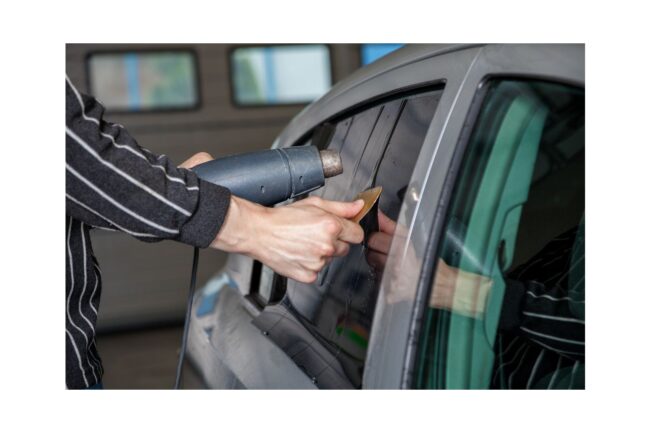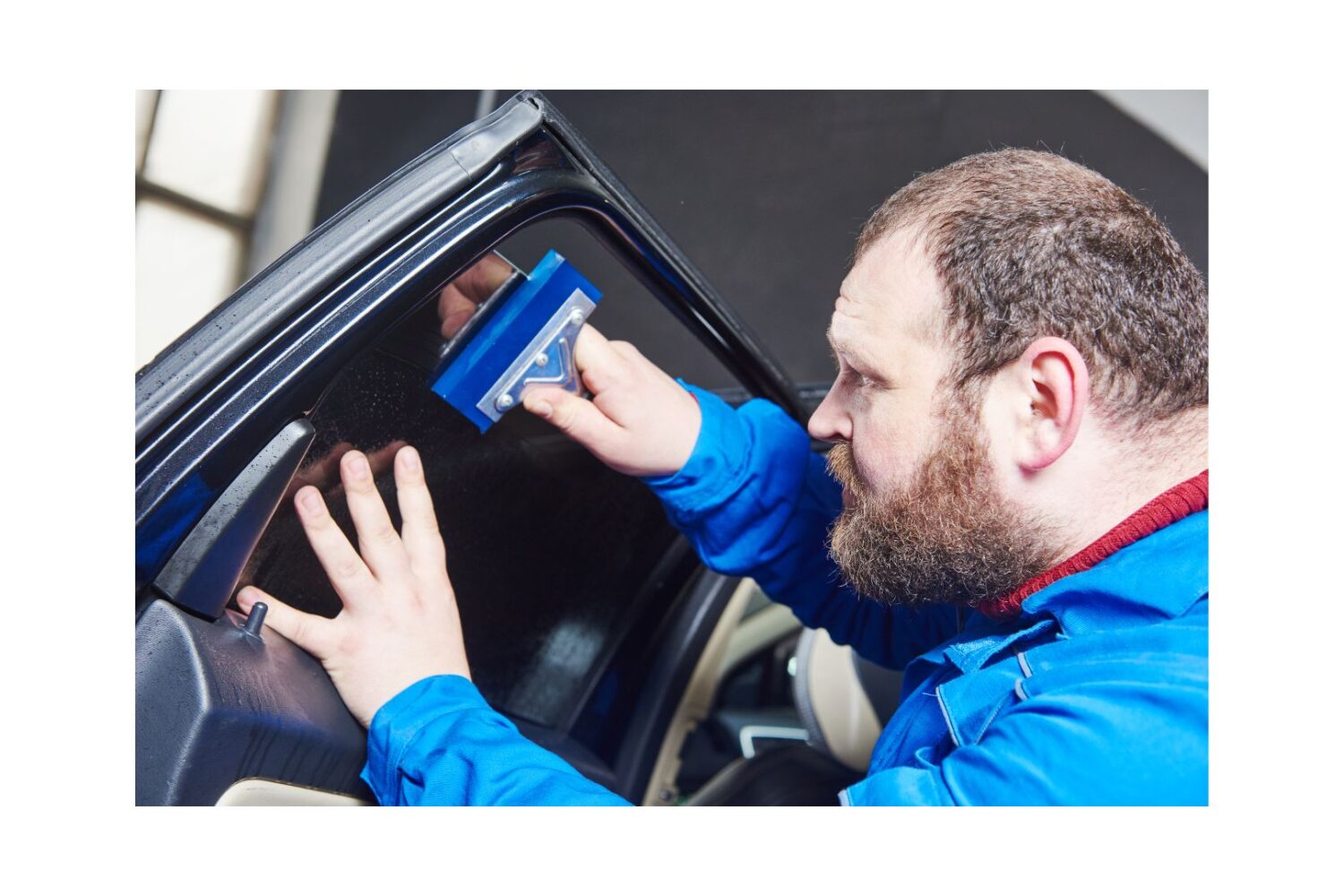Welcome to our latest blog post, where we delve into the world of UV protection and how it relates to window tinting. While many of us are vigilant about applying sunscreen before stepping out into the sun, we often overlook the potential dangers lurking within our own homes and vehicles. Yes, you read that right—UV rays can penetrate through windows, putting us at risk of sun damage even when we’re indoors or on the road.
In this article, we’ll explore the importance of UV protection in window tinting and how it can safeguard not only your skin but also your belongings and interior spaces. From understanding the harmful effects of UV rays to choosing the right window tint for maximum protection, we’ll cover everything you need to know to keep yourself and your loved ones safe from the sun’s harmful rays. So, sit back, relax, and let’s shed some light on this crucial aspect of home and vehicle maintenance.
Skin Cancer Prevention: The Role of Window Tinting in Reducing Risk
Skin cancer is a significant health concern worldwide, with its prevalence on the rise. Among the various factors contributing to skin cancer development, prolonged exposure to ultraviolet (UV) radiation is a primary culprit. While many individuals diligently apply sunscreen before stepping outside, they often overlook the potential risks associated with UV exposure indoors, particularly through untreated windows. In this article, we’ll explore the critical role that window tinting plays in reducing the risk of skin cancer by providing effective UV protection.
 Understanding UV Radiation and its Effects
Understanding UV Radiation and its Effects
Before delving into the role of window tinting, it’s essential to understand UV radiation and its impact on the skin. UV radiation is emitted by the sun and classified into three types: UVA, UVB, and UVC. While the earth’s atmosphere filters out most UVC radiation, UVA and UVB rays penetrate the atmosphere and can cause significant damage to the skin. UVA rays are associated with skin aging and the development of skin cancer, while UVB rays primarily cause sunburns and contribute to skin cancer risk.
The Importance of UV Protection Indoors
Many individuals mistakenly believe that they are safe from UV radiation when indoors. However, standard windows only offer limited protection against UV rays, leaving occupants vulnerable to long-term exposure. This is especially concerning considering that we spend a considerable amount of time indoors, whether at home, in the office, or during daily commutes.
The Role of Window Tinting
Window tinting serves as an effective solution for reducing UV exposure indoors. Tinted window films are designed to block a significant portion of UV radiation while still allowing visible light to pass through, maintaining optimal visibility and aesthetics. By applying window tinting to residential, commercial, or automotive windows, individuals can create a protective barrier against harmful UV rays without sacrificing natural light or obstructing views.
How Window Tinting Reduces Skin Cancer Risk
By blocking UVA and UVB rays, window tinting helps minimize the cumulative effects of UV exposure on the skin, thus reducing the risk of developing skin cancer. This preventive measure is particularly crucial for individuals who spend prolonged periods near windows, such as office workers, homeowners, and frequent travelers. Additionally, window tinting can provide peace of mind for those with a family history of skin cancer or individuals with heightened sensitivity to UV radiation.
Choosing the Right Window Tint
When considering window tinting for skin cancer prevention, it’s essential to select the appropriate tinting option based on factors such as UV protection level, tint darkness, and aesthetic preferences. High-quality window films certified for UV protection offer the most reliable defense against harmful rays while ensuring optimal clarity and durability. Consulting with a reputable window tinting professional can help individuals make informed decisions tailored to their specific needs and preferences.
The Economic Impact of Skin Damage: How Window Tinting Offers Long-Term Savings
Skin damage caused by prolonged exposure to harmful UV radiation not only affects our health but also carries significant economic implications. From medical expenses to productivity losses, the financial burden of UV-related skin conditions can be substantial. However, investing in window tinting offers a cost-effective solution to mitigate these expenses in the long run. Let’s explore how window tinting can provide substantial long-term savings by protecting against UV damage.
 Rising Healthcare Costs: UV radiation is a known risk factor for various skin conditions, including sunburn, premature aging, and skin cancer. Treating these conditions can lead to considerable healthcare expenses, including doctor visits, medications, and potentially invasive procedures like skin cancer surgeries. By reducing UV exposure through window tinting, individuals can lower their risk of developing these ailments, thereby decreasing their reliance on expensive medical interventions.
Rising Healthcare Costs: UV radiation is a known risk factor for various skin conditions, including sunburn, premature aging, and skin cancer. Treating these conditions can lead to considerable healthcare expenses, including doctor visits, medications, and potentially invasive procedures like skin cancer surgeries. By reducing UV exposure through window tinting, individuals can lower their risk of developing these ailments, thereby decreasing their reliance on expensive medical interventions.
- Productivity Losses: Skin damage not only impacts physical health but can also hinder productivity. Sunburns, for example, can cause discomfort and decreased mobility, leading to absenteeism or reduced efficiency at work. Moreover, individuals may need time off for medical appointments or recovery from skin-related procedures, further disrupting productivity. Window tinting helps prevent UV-induced skin damage, allowing individuals to maintain their health and productivity levels, ultimately contributing to long-term savings for businesses and employers.
- Premature Aging and Cosmetic Expenses: Exposure to UV radiation accelerates the skin’s aging process, leading to the development of wrinkles, fine lines, and age spots. As a result, individuals may invest significant resources in cosmetic treatments and skincare products to mitigate these effects. However, window tinting offers a proactive approach to prevent premature aging by blocking harmful UV rays, reducing the need for costly anti-aging interventions and skincare regimens over time.
- Property Damage and Maintenance: UV radiation doesn’t just affect human health—it can also cause damage to interior furnishings, flooring, and artwork within homes and businesses. Prolonged UV exposure can fade upholstery, discolor flooring, and degrade materials, necessitating costly repairs or replacements. Window tinting acts as a barrier against UV rays, preserving the integrity of interior spaces and minimizing the need for frequent maintenance and refurbishment, thereby reducing long-term expenditure on property upkeep.
- Energy Efficiency and Cost Savings: Beyond skin protection, window tinting offers additional economic benefits by improving energy efficiency. By reducing solar heat gain and blocking UV radiation, tinted windows help maintain comfortable indoor temperatures year-round, reducing reliance on heating and cooling systems. This translates to lower energy bills and decreased operational expenses for homeowners and businesses alike, resulting in substantial long-term savings over the life of the window tinting installation.
Conclusion
Quality Auto Glass Tint, we prioritize safeguarding your skin with our comprehensive understanding and application of UV protection in window tinting. With our commitment to excellence in Roseville, California, we ensure that your vehicle’s windows not only enhance aesthetic appeal but also provide vital protection against harmful UV rays. By choosing our services, you’re investing in both the longevity of your vehicle’s interior and the well-being of yourself and your passengers. Trust in our expertise and dedication to quality, and enjoy peace of mind knowing that we’ve got you covered. Contact us at (916) 888-8495 to experience the difference today.




